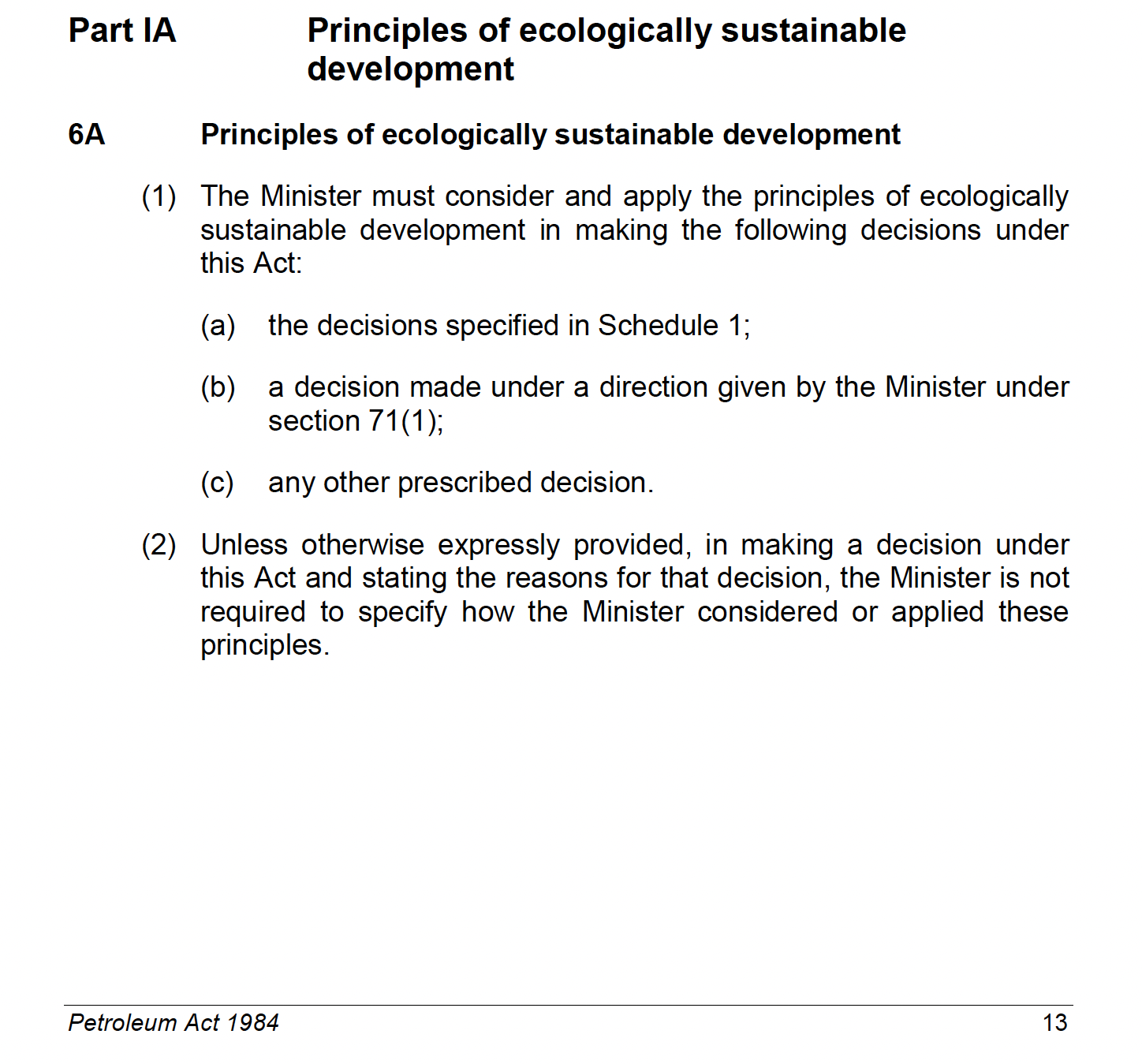ECOLOGIALLY SUSTAINABLE DEVELOPMENT
Development is important for us as it is the essential driver of our prosperity – the thing that allows us to maintain our lifestyle and protect our environment. But it can also be the root cause of many problems if it is not managed properly.
Core principles’ include inter-generational equity and if you are using a non-renewable resource you must compensate future generations for that. Contrast the Norwegian Soveriegn Wealth fund with the situation in Australia. In Norway university education is paid for by the fund. In Australia we make students pay more HECS tax that the fossil fuel companies pay? We must stop subsidising non sustainable projects and ensure they pay their way.
I will work to make sure we maintain an environmentally responsible outlook on all of our work and that policies are clear, allowing people to plan their own activities. Sustainability means we need to take a long term view, whether it is a business issue or an environmental issue.
The basic principles of Ecologically Sustainable Development, ESD, are embeded in NT legislation. The problem is that the implementation is not there in the NT. Whether this is deliberate or just a lack of capacity is somtimes had to understand.
ESD means for development to be sustainable it must take account of social and ecological factors, as well as economic ones; of the living and non-living resources base; and of the long-term as well as short-term advantages and disadvantages of alternative actions.
It means that development to meet today’s needs is undertaken in a way that ensures the environment, natural resources and heritage are maintained for the benefit of future generations. There must be appropriate compensation for use of non-renewable resources. The Norwegian Soveriengn Wealth fund is seen as positive example of this idea.
One example of the problem with the implementation of ESD in the NT is shown in our Petroleum Act legislation. This is what I refer to as the corruption clause as it allows for Ministers avoiding having to explain their decisions.
Right after the Legislation requires the Minister to use ESD to inform decisions the legislation contains the clause "Unless otherwise expressly provided, in making a decision under this Act and stating the reasons for that decision, the Minister is not required to specify how the Minister considered or applied these principles."
This breaches the prinicple of transparency and needs to be removed from our legislation. Example of current legislation below.
